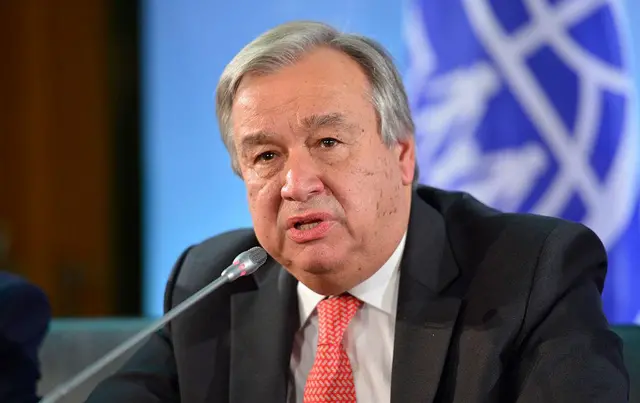The Tour de France got underway on Saturday, with the grueling cycling event followed closely by a growing number of fans in China, a country where riding on two wheels is increasingly being viewed as a sport rather than just a mode of transport.
A recent poll by Nielsen Sports showed sharp growth in interest towards cycling as a sport in Asia, with 25 percent of respondents in China calling themselves cycling fans, compared to 19 percent in 2013.
Claude Ringuet, head of Nielsen Sports for Southeast Asia and Greater China, put the growing popularity down to "numerous events being staged, especially in China."
The organizers of "Le Tour" are paying close attention to China, and announced earlier this year that a special stage would be held in central China's Changsha in September, followed by a weekend of events in Shanghai in October, which will see some 60 professional Chinese and international riders speed through the city center.
Cyclist Andy Schleck joins officials and celebrities to announce the Tour de France Criterium Shanghai, on March 23, 2017 in Shanghai.
The Tour de France's website calls China "the world's leading bicycle power," citing its 450 million bicycles. It also pays homage to Ji Cheng, the first Chinese to compete in and complete the Tour de France.
In 2014, Ji was nicknamed "breakaway killer" for his impressive stints heading the peloton. Ji however suffered a knee injury, and eventually finished in last place, more than six hours behind the winner.
His determination to finish was praised internationally, with The Telegraph describing Ji as a "true trailblazer and potentially a key player" in boosting cycling's popularity in China.
Chinese cyclist Ji Cheng.
Whether someone will follow in Ji Cheng's tracks and eventually push for the coveted yellow or polka dot jersey remains to be seen. But cycling as a sport is clearly growing in China, with more international races like the 3,631-kilometer-long Tour of Qinghai Lake being held every year. The Qinghai Tour this year marks its 15th anniversary, with 23 teams and 159 riders set to compete.
In 2014, Chinese cycling trainer Li Chunchang told Phoenix that the lack of Chinese competitors at the Tour de France was down to there being no leading professional cycling teams in China.
Li also blamed a lack of truly challenging races in the country that could compete with the Tour de France or the Giro d'Italia.
For amateur cyclists in China, major challenges like the high-altitude 2,140-kilometer Chengdu to Lhasa Route 318 through Sichuan Province and Tibet Autonomous Region are well known, but the infrastructure is not yet in place for a professional race to be staged in such regions.
Spectators in Haworth, the UK, cheer on the peloton for Stage Two of the Tour de France, July 6, 2014.
The Tour of China features several Chinese racing teams, but they are still yet to receive anywhere near the investment that multi-million US dollar teams like Team Sky and Team Astana enjoy.
The Tour de France is highly lucrative in terms of advertising sales – in 2013, Team Sky raked in 550 million US dollars in advertising value to its sponsors – and it is surely an attractive prospect to Chinese companies looking to reach a potential global audience of 3.5 billion watching in 190 countries, according to Le Monde.
In recent years, sporting bodies from overseas have looked to establish themselves in China. While the NBA has been a huge success since the 1990s, the NFL has struggled to replicate such achievements, with plans for a game to be played in China in 2007 and 2009 canceled.
The first Australian Rules football match to be held in China kicked off in Shanghai in May, but the crowd was limited to just 10,000 spectators, with one ticket tout telling the Financial Times "Only foreigners will buy tickets; no Shanghai or Chinese person wants them."
Can professional cycling fare any differently? While other foreign sports are often alien games with complicated rules, Chinese spectators are from a country once known as the "bicycle kingdom," and, with the recent bike sharing boom in major cities, should find plenty to relate to when it comes to embracing Le Tour.
(CGTN)
 简体中文
简体中文

